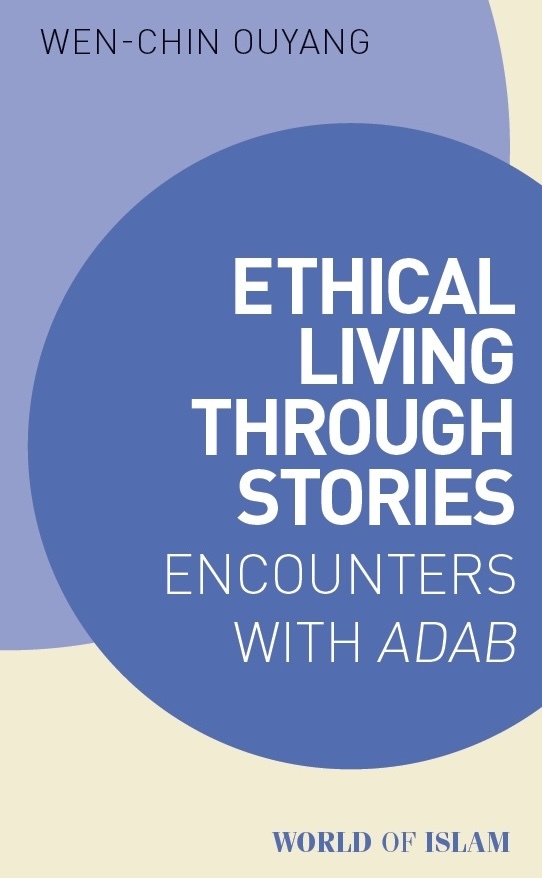Literature has for thousands of years served as a space in which people have negotiated the ethics of daily life. In Islamic tradition, the broad concept of adabA word of many meanings usually connoting courtesy, etiquette, rules and manners, civilisation, culture and literature. spans ethical instruction and literary culture. Literature classified as adab was intended to cultivate readers’ minds and characters. Similarly, the Chinese concept of wen represents the intellectual, cultural and ethical foundations of society. Adab and wen offer ways to navigate complex social environments with respect and empathy, promoting harmony in multicultural societies. Such concepts remain highly relevant and valuable in today’s global world.
In this book, Wen-chin Ouyang shows how our experience of adab stories has the power to transform both our personal relationships and society. She draws on classic Arabic stories from the famous Thousand and One Nights and compares them with tales from the canonical Chinese novels Three Kingdoms, The Journey to the West, and Water Margin. The book demonstrates how these stories tell us about ourselves, allowing us to define, test and refine our ethics of living. More than this, they have the power to help us experience a profound contemplation of our lives on earth, linking us to our shared humanity and showing us how to live meaningfully.
Introduction
- Virtuous City: Sovereign, Courtier, Subject
- Heroic Family: Love, Desire, Marriage
- Harmonious Community: Fathers and Mothers, Sons and Daughters
- Alternative Society: The Fellowship of Men and Women
- Joie de Vivre: Life is a Banquet
- Heaven on Earth: Storytelling and Meanings of Life
Conclusion
Wen-chin Ouyang is Professor of Arabic and Comparative Literature at SOAS, University of London, UK. A native speaker of Arabic and Chinese, she has written extensively on classical and modern Arabic narrative and literary criticism. She is a fellow of the British Academy, UK, and has a PhD from Columbia University, US.

